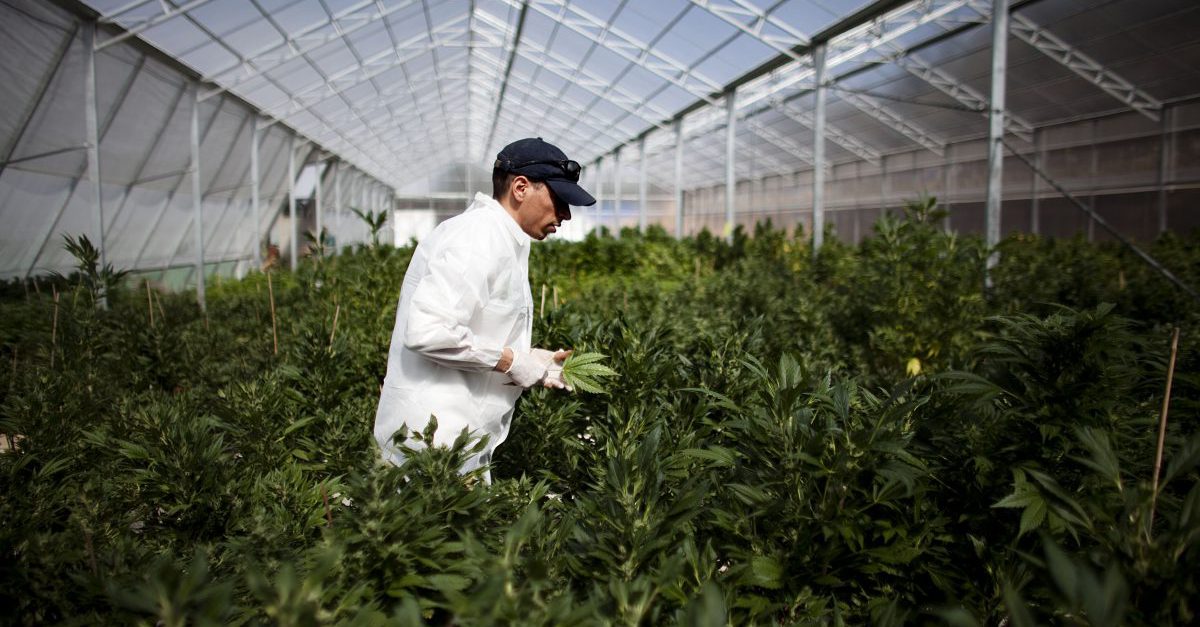Starting as early as this December, a form of medical marijuana could be available to patients in Texas for the first time ever.
Videos by Rare
As part of the “Compassionate Care Act,” signed into effect by Texas Governor Greg Abbott in 2015, which allows companies to manufacture and distribute cannabidiol, a marijuana extract may be used in the treatment of seizures.
Although the law limits the active ingredient THC to the use of cannabidiol for patients suffering from major seizures who do not respond to established methods of treatment, three companies are licensed to grow marijuana for the express purpose of manufacturing and distributing the product in Texas.
RELATED: Texas Issues 3 Marijuana Dispensary Licenses From 43 Applicants
Due to federal regulations, however, these dispensaries are not allowed to send doses through either mail or via air travel.
Many seeking the medicinal effects say these laws make it prohibitively time-consuming for patients to receive their treatments.
For example, some patients must drive to the dispensary to pick up their medication, or the dispensary must arrange for delivery of the product, both of these options involving several hours of travel per day.
Additionally, patients with disorders ranging from seizures to anxiety to post-traumatic stress maintain concerns over the restrictions on the usage of cannabidiol prohibiting other patients from receiving the medication they would like to use.
RELATED: Texas Man Could End Up “Marijuana Lifer” In Federal Prison
Restrictions on licensing, distribution and manufacturing will serve to increase the price of each dose.
Furthermore, most insurance plans don’t cover medical marijuana, forcing many patients to pay for their doses out of pocket.
Governor Abbott and his fellow Republicans hold themselves out to be a “business-friendly” administration, but, after being stifled even with the facially, on-its-text lifting legislation, the pot industry may beg to differ.
[anvplayer video=”4052514″]



